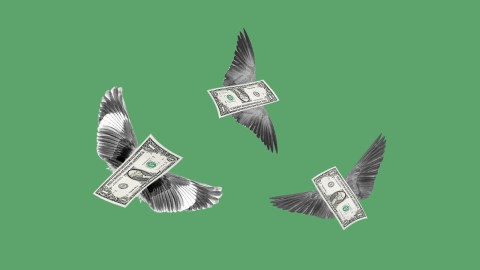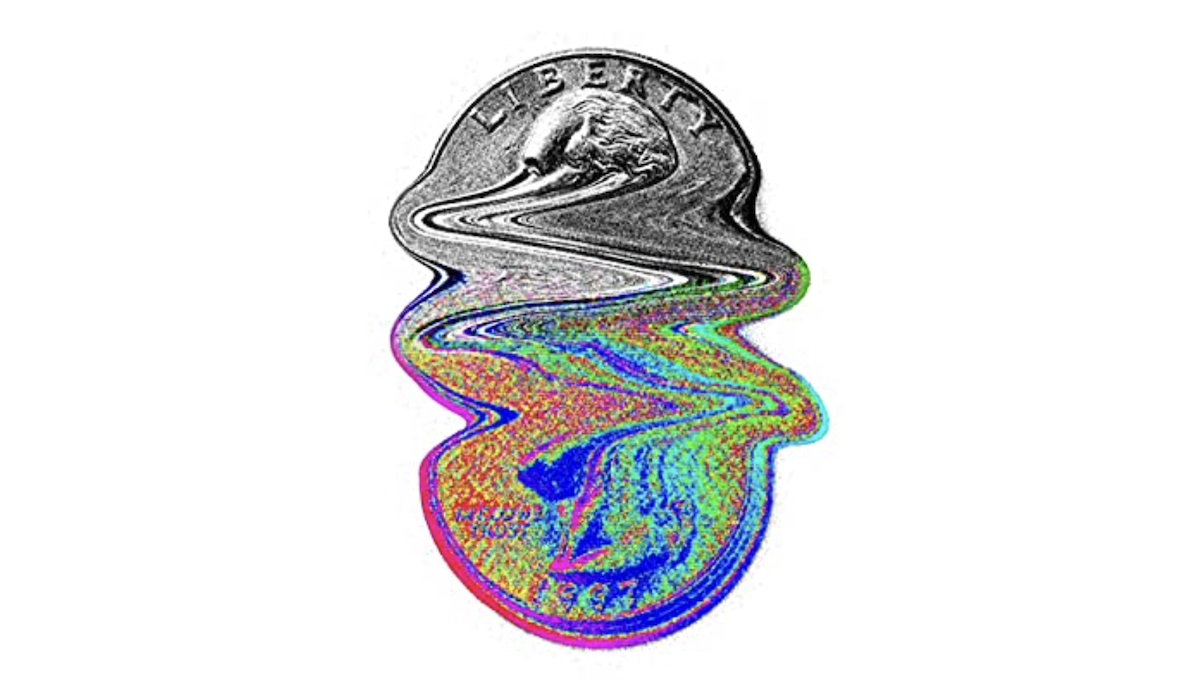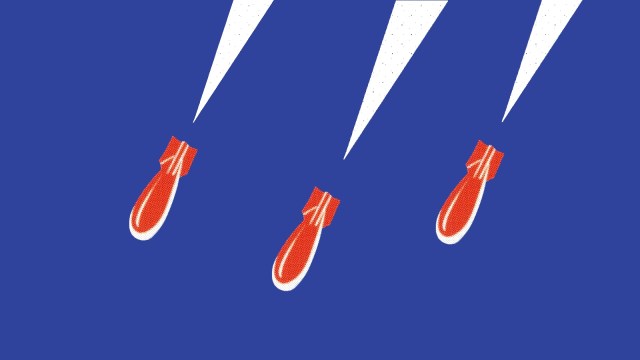Overspending? Psychological tips to break the cycle

- Overspending is common. Advertising and online shopping make the problem even more ubiquitous.
- Self-reflection can help you identify whether, when, and why you overspend, as well as whether you might have compulsive shopping disorder.
- Identifying your goals, creating a plan, and enlisting social support can reduce overspending.
Compulsive buying and overspending can harm one’s financial well-being, but it doesn’t have to be crippling. It also doesn’t have to be a source of shame. Addressing the core reasons for your overspending and learning some basic money management skills can help you get your financial well-being back on track.
Why people overspend
Impulse purchases can feel great — for a moment. Over time your brain learns to expect that shopping will lead to this short-term pleasure. So simply thinking about shopping induces it to release dopamine, a neurotransmitter that signals reward and motivates you to buy again.
According to financial therapist Carrie Rattle, today’s society makes the temptation to overspend even harder to avoid. One major factor is effective advertising, which constantly alerts you of potential purchases and encourages you to think that buying something will make you feel good. Credit cards and online shopping make spending even easier and more ubiquitous.
“There is a perfect storm,” Rattle says. “Social media, separation from cash, and retailers mastering the psychology of marketing all increase overshopping.”
Shopping can also be a coping mechanism, providing a quick diversion from difficulties like anxiety, depression, and self-uncertainty. For some, overspending becomes buying-shopping disorder, or compulsive shopping disorder (CSD), which is characterized by repetitive, uncontrollable spending that causes serious life difficulties. A 2015 meta-analysis suggests about 5% of people — or around 18 million Americans — experience CSD, and this number may be increasing as online shopping becomes more prevalent.
The scientific evidence on CSD is still nascent. But psychiatrist Dr. Donald Black, Associate Chief of Staff for Mental Health at the Iowa City Veterans Administration hospital, explains that compulsive shopping likely results from imbalances in brain circuits involved in impulse control and self-regulation.
“Parts of the brain like the nucleus accumbens that tell a person to slow down and consider cost does not activate normally,” Black says of people with CSD. “They lack sufficient control over these pleasurable impulses. It’s similar to a drug addiction.”
How to spot overspending
To spot problematic behaviors, consider when, why, and to what extent you overspend. Typical impulse buying or excessive spending involves buying items you don’t need, didn’t plan to buy, or don’t fit in your budget. This overspending is influenced by external stimuli like sales or advertising. It can cause stress and budget strains, but not serious life problems.
CSD, on the other hand, is more heavily influenced by internal urges spurred by negative life events or distressing emotions. Like compulsive gambling and substance abuse, short term pleasure or relief leads to serious long-term harm to mental and financial well-being.
“Nearly everyone occasionally overspends — say at the holidays, after receiving an inheritance, or at other times when they get excited.” Black notes. “But with compulsive shopping disorder the problem is recurrent and causes major life stress.”
CSD recovery may require individualized guidance from a trained psychologist or psychiatrist.
These questions can help you assess your relationship with spending:
- What environments, products, or feelings tend to cause impulse buys or overspending?
- How did you feel before, during, and after?
- Is impulse buying or overspending causing financial stress or problems in other areas of your life? How serious are these problems?
Journaling or logging your daily spending may help you see patterns over time. Asking your partner or a trusted friend may also provide insight.
And, importantly, don’t judge yourself. Plenty of smart and successful people struggle with excessive spending. Dr. Johanna Peetz, a psychology professor at Carleton University, recommends practicing self compassion.
“Be kind to yourself,” Peetz says. “Past decisions do not define you, and overreaction is not helpful.”
Your goal is to simply increase awareness of when and why you overspend, so that you can take steps to improve your future behavior.
How to stop overspending
So, you impulse buy or overspend. Now what? Research shows that some popular strategies, including ones often recommended by the media, are not effective — including tracking sales and clipping coupons. But the burgeoning field of financial psychology provides evidence-backed tips on how to curb overspending and get you back on track toward mental and financial well-being.
First, identify your important values and goals. Ask yourself why it is important to stop overspending. Consider the big picture. What long-term reward will come from reining in your spending (e.g., becoming debt-free, saving for a down payment, feeling pride or control)? As much as possible, separate money and material items from your personal identity, as a materialist mindset tends to decrease well-being and increase unhelpful spending behaviors. Instead, consider what is important to you that isn’t related to consumption, like honesty, humor, family, or hard work.
Then, create a plan. Clear plans reduce stress and substantially increase the chance you will achieve your goals. Specifically, identify what steps you will take to avoid or address your root causes of overspending. For example, you might avoid shopping when your willpower is depleted, or engage in other enjoyable activities like exercise or meeting with friends if you start to feel anxious or down. Indeed, part of your plan might include improving your life outside of shopping, Black suggests.
If you’re struggling to create a plan, Peetz recommends incorporating whatever prior good decisions you have made. “Reflect on what has worked for you in the past, and plan more of that,” she suggests. This might include anything from blocking certain websites, to paying only in cash, to freezing your credit cards in ice.”
Finally, consider enlisting support from friends or loved ones. Some people are ashamed to share their spending habits with others. But partners can help hold you accountable and support good decisions. Moreover, research finds that couples working together on shared finances can improve relationship satisfaction.
If you are a compulsive shopper or overspender, you are not alone. The good news is that a bit of reflection and planning can substantially improve your financial behaviors.
“Rich or poor, people from all walks of life overspend and feel shame,” Rattle says. “What’s important is to identify why you overspend and start the path to improvement.”





